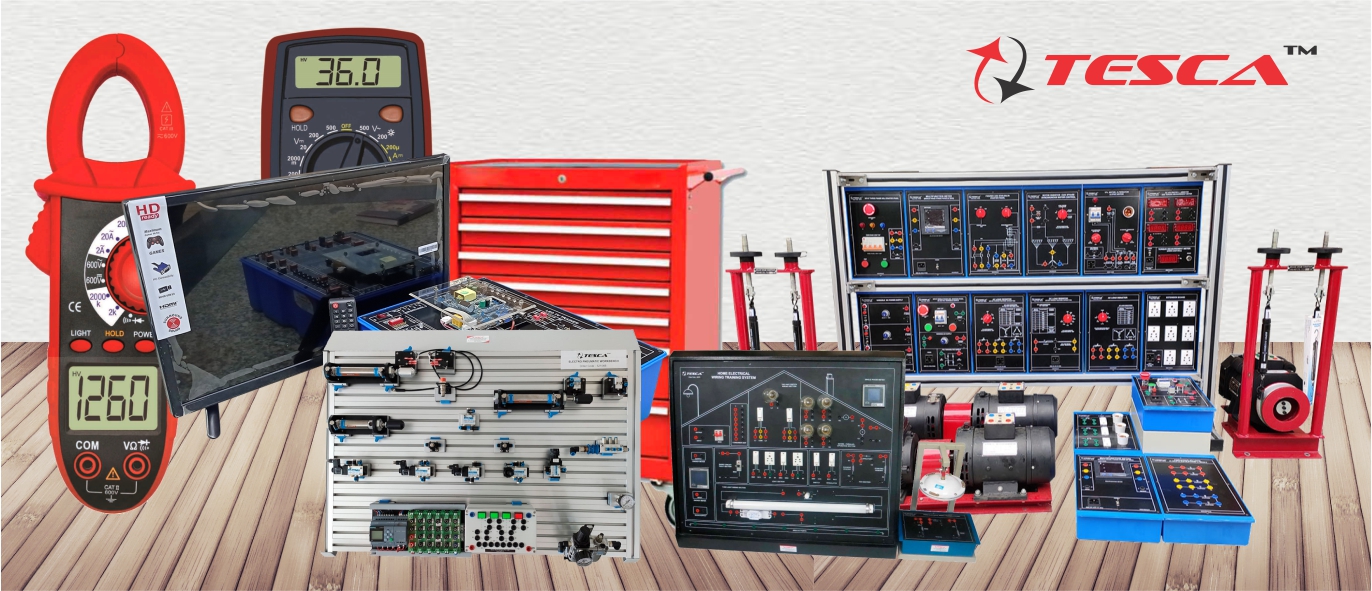
Laboratory equipment suppliers plays a crucial role in scientific research, healthcare, education, and industrial applications. The accuracy and efficiency of lab experiments largely depend on the quality of instruments used. Whether it's for chemical analysis, medical testing, or educational purposes, choosing the right equipment is essential.

Understanding Laboratory Equipment and Its Importance
Laboratory equipment suppliers in india rely on a wide range of instruments to conduct experiments, analyze data, and validate findings. From basic glassware like beakers and test tubes to advanced machines like spectrometers and centrifuges, each piece of equipment serves a specific function. The precision of these tools directly affects the outcome of research and testing procedures.
In industries such as pharmaceuticals and biotechnology, laboratory instruments must meet high standards to ensure the safety and effectiveness of products. Similarly, in academic institutions, high-quality lab tools help students develop practical skills that are essential for future scientific advancements.
Factors to Consider When Buying Laboratory Equipment
Selecting the right lab instruments requires careful consideration of various factors. Here are some key aspects to keep in mind when purchasing laboratory tools:
The primary function of any laboratory instrument is to provide accurate and reliable results. High-quality equipment minimizes errors and ensures consistency in experiments. It is always advisable to invest in tools that adhere to international standards and certifications.
Laboratory instruments are long-term investments, and durability is a crucial factor. Equipment made from high-grade materials lasts longer and withstands frequent use. Additionally, maintenance requirements should be considered before purchasing. Some instruments need regular calibration and servicing to function correctly.
Different laboratories have different requirements based on their field of study or industry. For example, a research lab focusing on microbiology will require incubators and microscopes, whereas a chemical lab will need titration equipment and pH meters. Identifying specific needs ensures that the equipment serves its purpose effectively.